
Longevity & Material Responsibility
From the yarn to the last stitch, every choice we make, from raw material to threads, is inspired by a love of craftsmanship and the drive to innovate for design made to last.
Cotton
As a natural cellulose fiber, cotton is renewable and biodegradable. We almost exclusively select extralong staple fibers, knowing that the longer the fiber, the stronger the yarn and the weave. By choosing high-quality cotton we are able to craft shirts and accessories, made for longevity. In 2022, our first products in organic and recycled will be available in stores. By 2025 we are committed to making sure they are in 100% organic or recycled cotton.


Organic Cotton
Organic Cotton is produced and certified according to organic agricultural standards — a way of farming that works with, rather than against nature. Synthetic (toxic) chemicals and GMOs are not allowed, and fertilizers and pesticides come from natural sources.
Impact savings over conventional cotton (per 1,000kg fiber) Source: Textile Exchange/Life Cycle Analysis.

Recycled Cotton
Recycled cotton makes use of that which would previously have been considered waste: it is made from textile remains, in production or post-consumer waste. By using recycled materials, we reduce the need for virgin resources, and limit waste going to landfills. All our Recycled cotton is third-party certified and follows the Recycled Claim Standard (RCS).
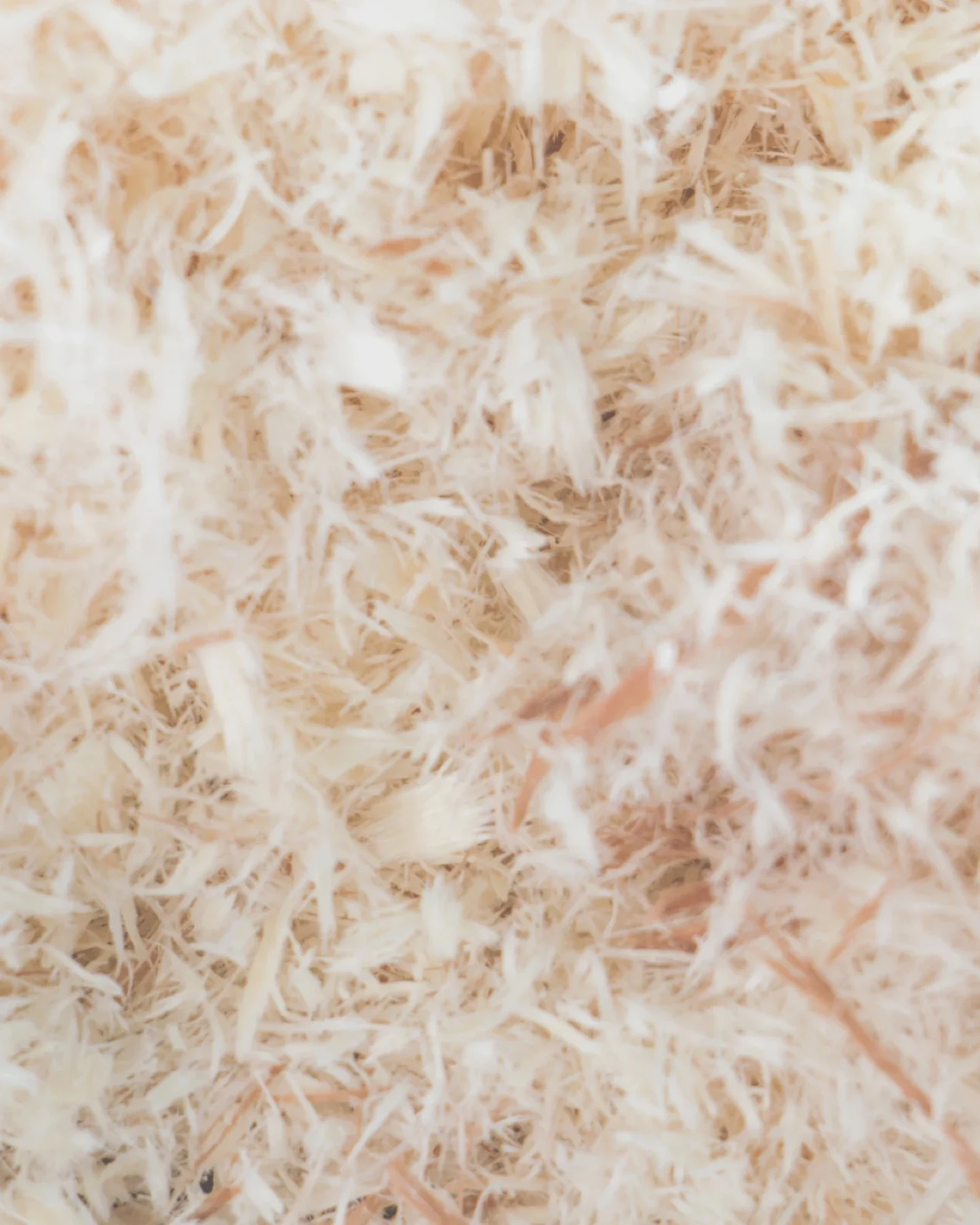
Tencel
Tencel™ is a soft, lightweight form of lyocell made from FSC™ certified eucalyptus, from responsibly managed forests. Today, you find it in many of softest flannel shirts, and our ultra comfortable cotton-Tencel™ stretch shirts. Environmentally, the forestry component and the wet-spinning process used to create this silky yarn stands out, with a chemical process in a closed loop system. Producing Tencel™ saves on chemicals, water use, and CO2 emissions.
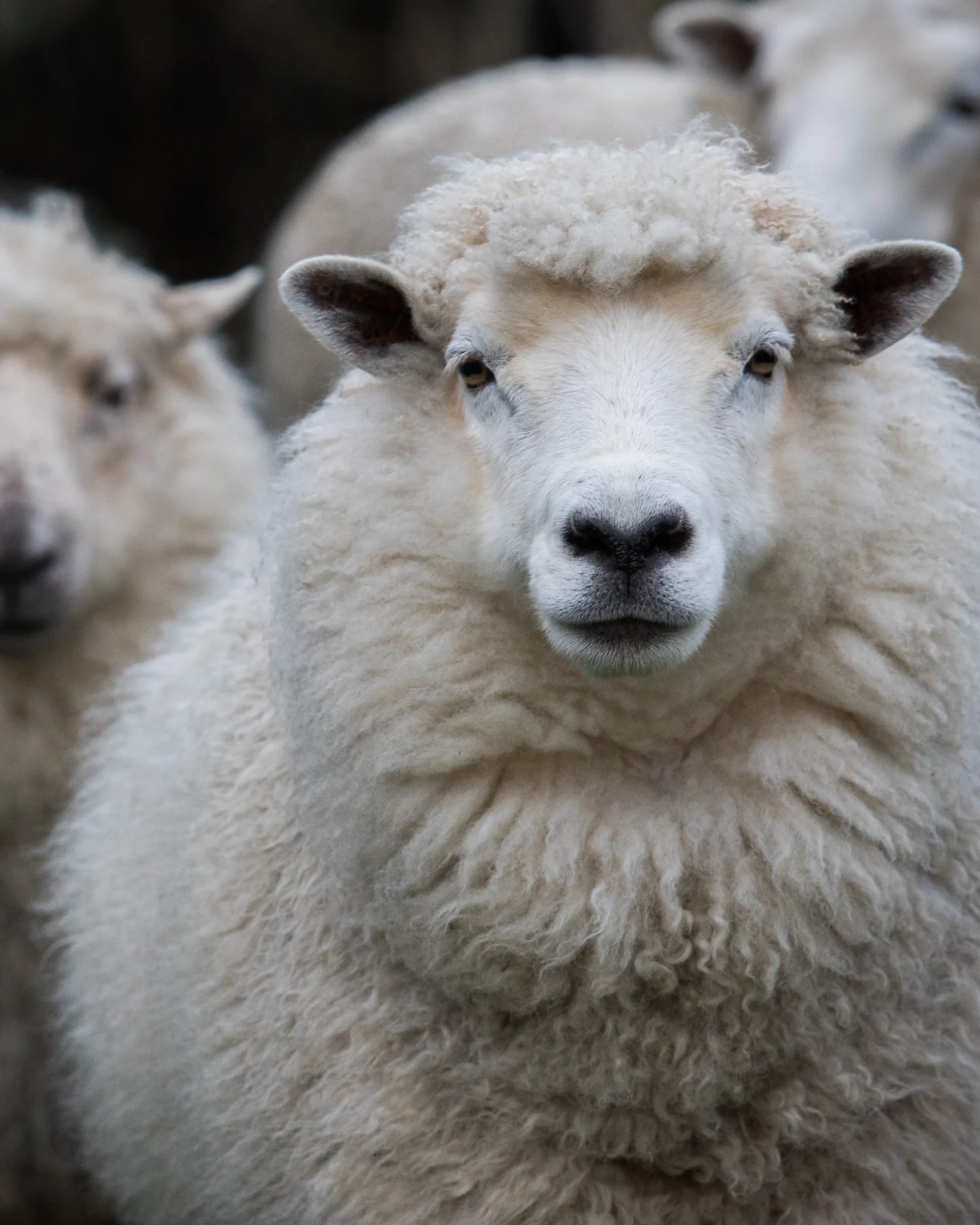
Animal Welfare
We support animal rights and work to ensure that these rights are respected in all our production processes throughout the value chain. Eton does not accept mulesing of sheep. Nor do we accept plucking, shaving, or picking wool or fur from live animals in a manner that causes suffering in any way. We never endorse the use of any materials from vulnerable or endangered species.
Small Things, Big Impact
Through a series of employee-led initiatives, we optimize vital details of our designs with the planet in mind. We know that small changes can substantially impact our footprint over time.
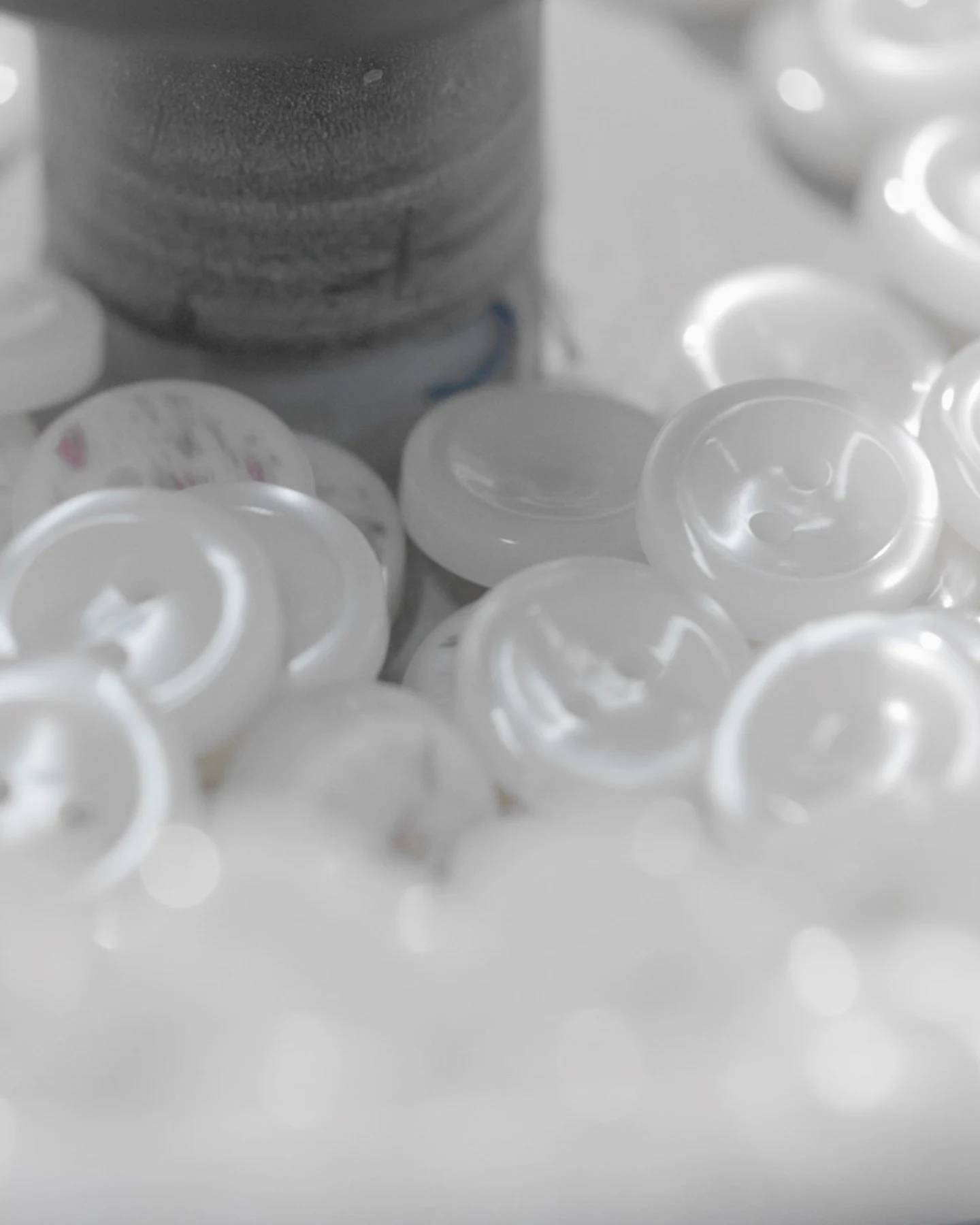
Buttons
Fall 2021 marked the starting point for phasing out our standard shirt buttons, replacing them with buttons of the same refined look, feel, and quality — yet made with recycled materials. Starting with the most common color, white, we are gradually replacing most while not wasting already produced materials.

The ”Better Button”
Made from 90-95% recycled polyester, 40% of which is made from renewable resources (vegetable oils, polysaccharides) and between 5-10% pigment depending on color.
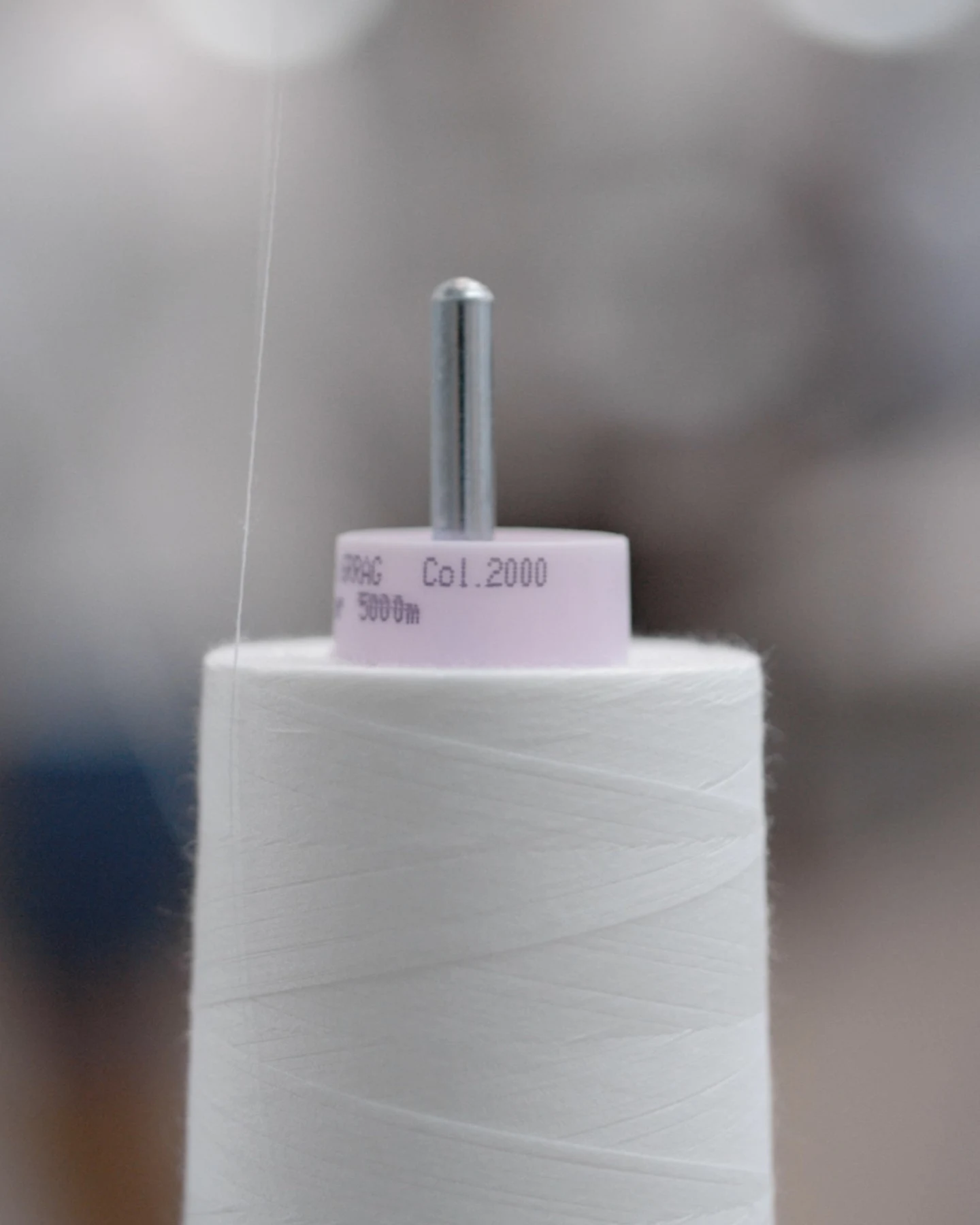
Thread
Each Eton shirt requires two different kinds of thread; for construction and to create our renowned durable buttonholes. Today, we are proud to say that we have introduced recycled polyester thread for the latter so that the buttonholes in all our shirts have a reduced environmental impact. Product development is in the works to replace the cotton thread used in construction with a recycled option as well.
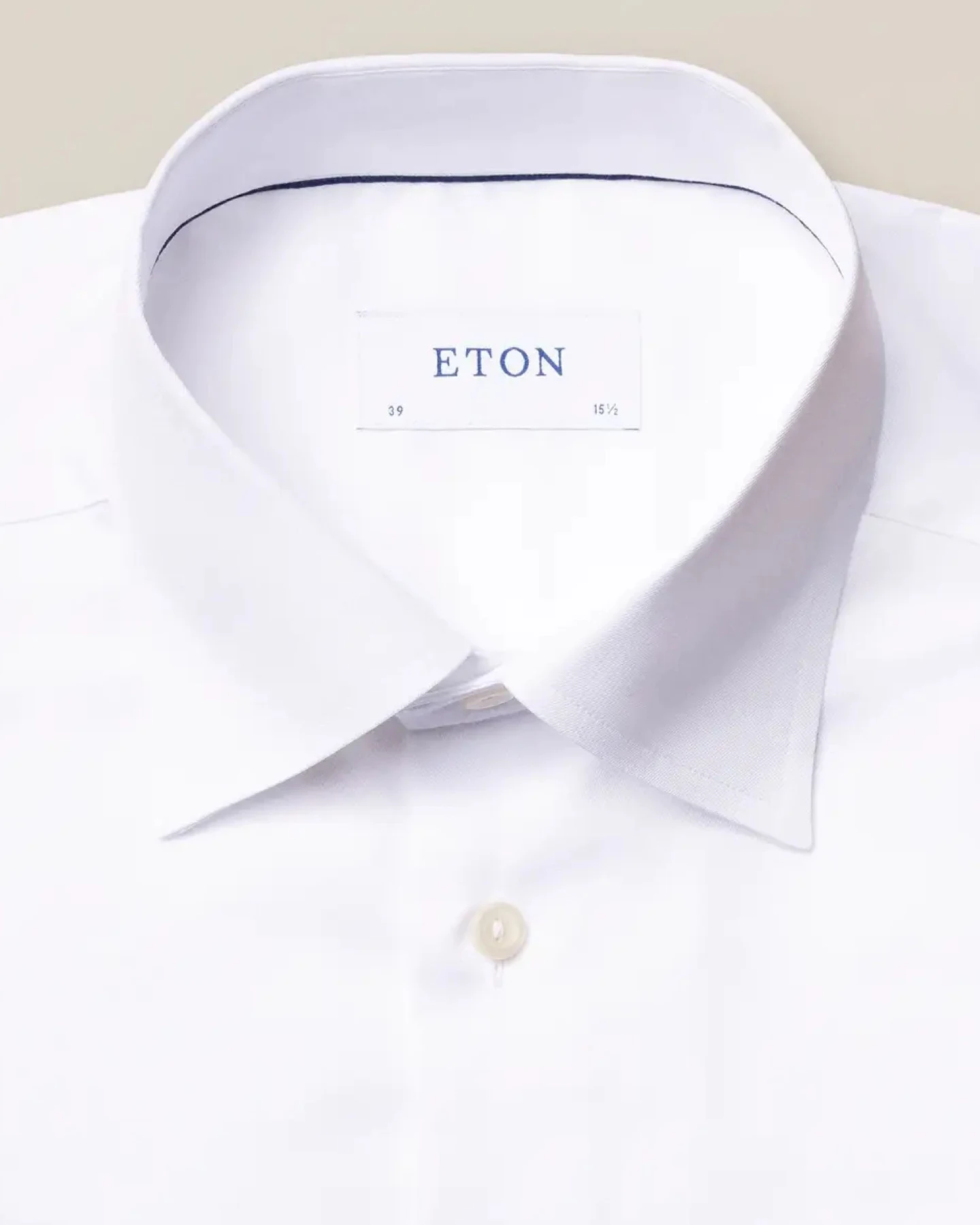
Labels & Ribbons
All shirts currently in development now have neck labels and our famous blue neck-ribbon in recycled polyester.